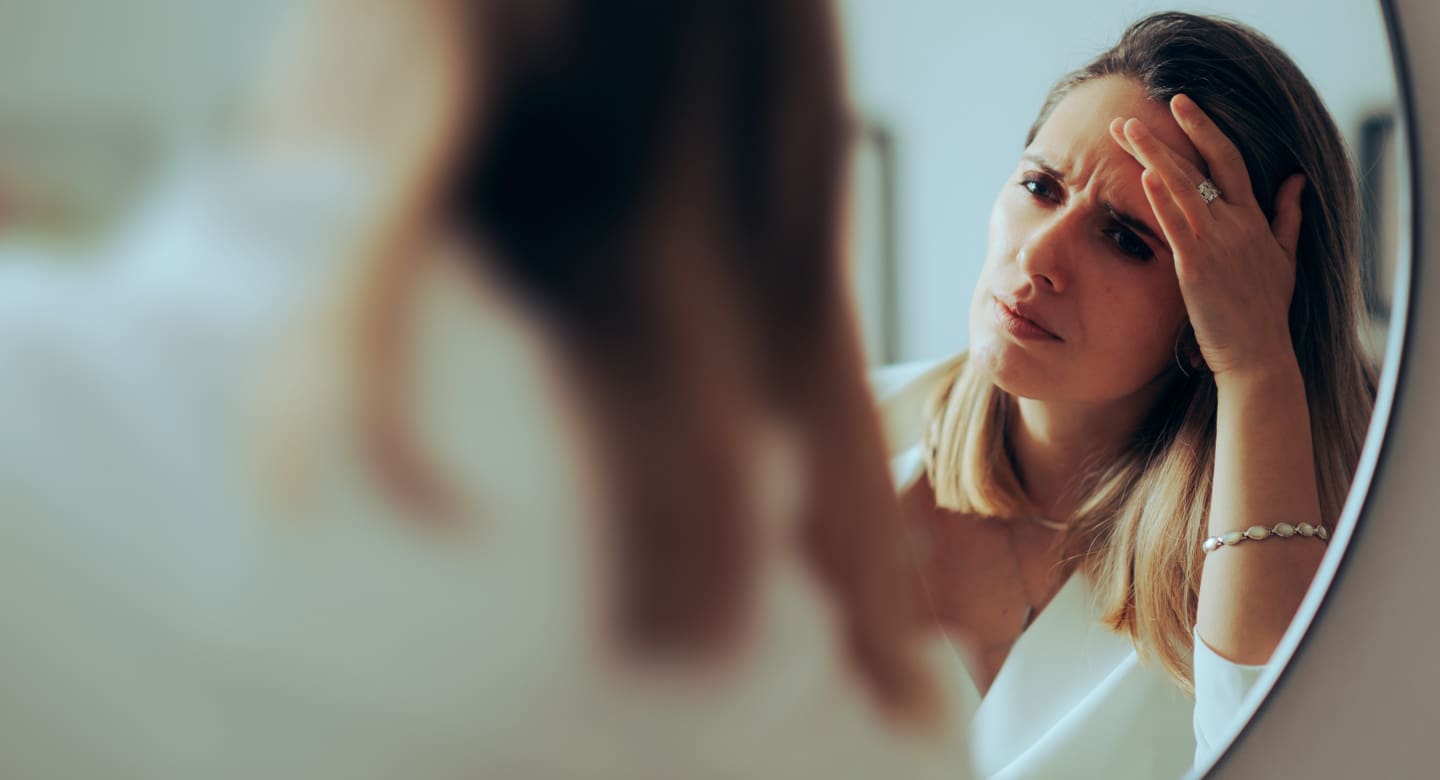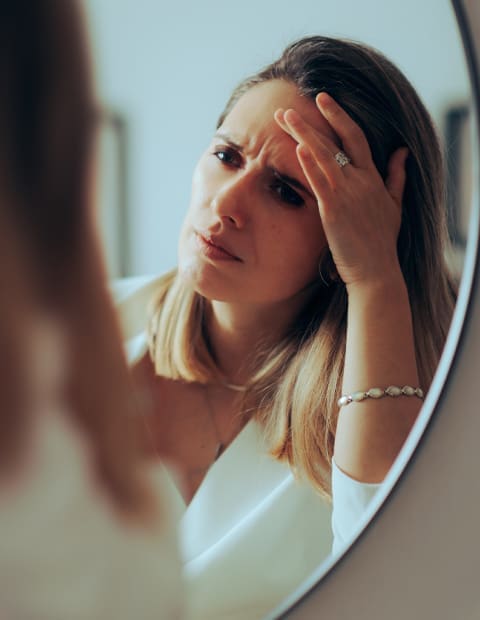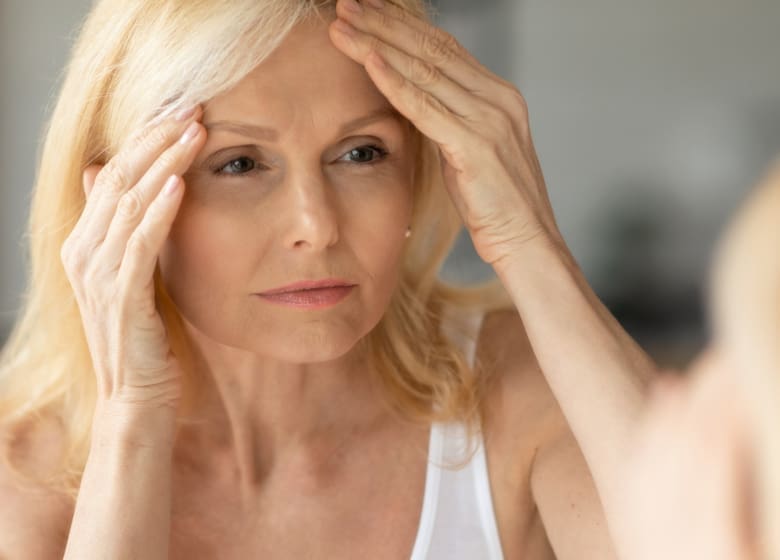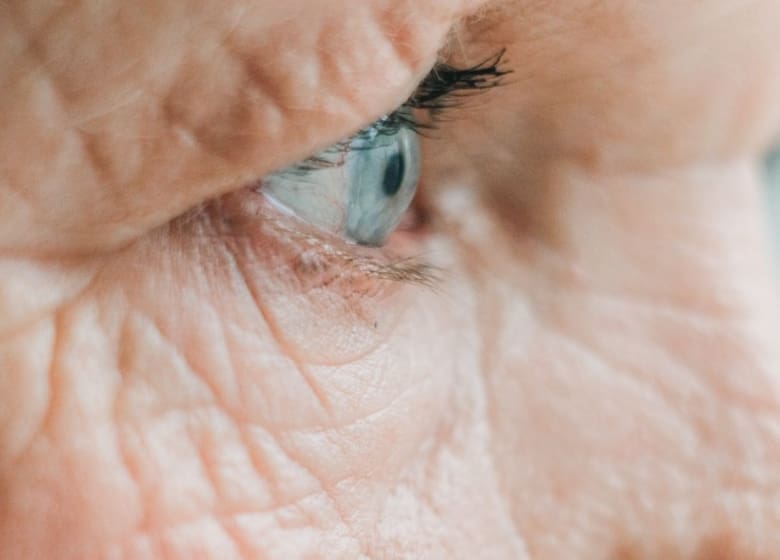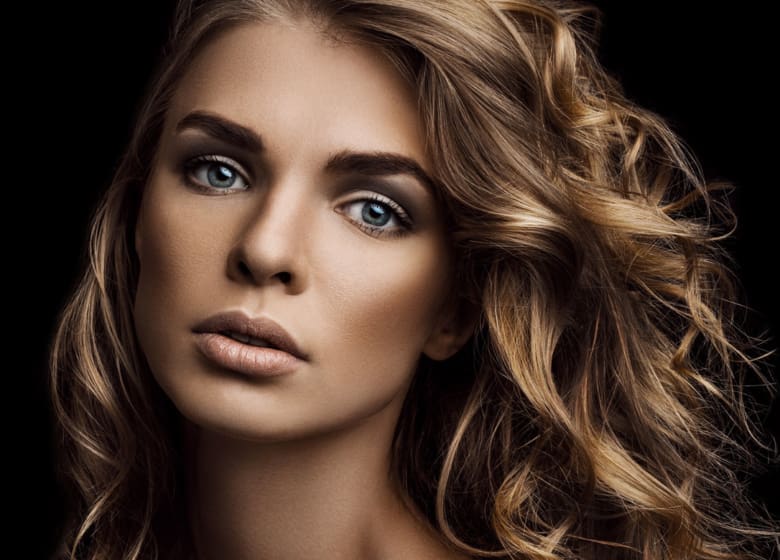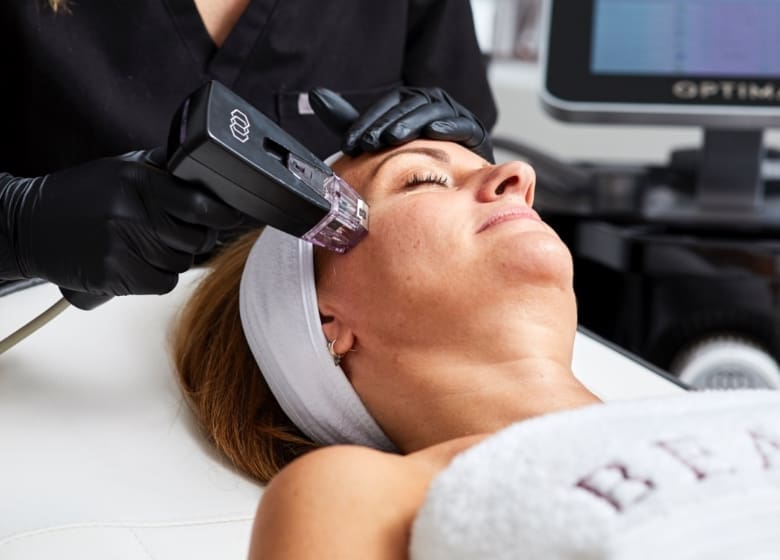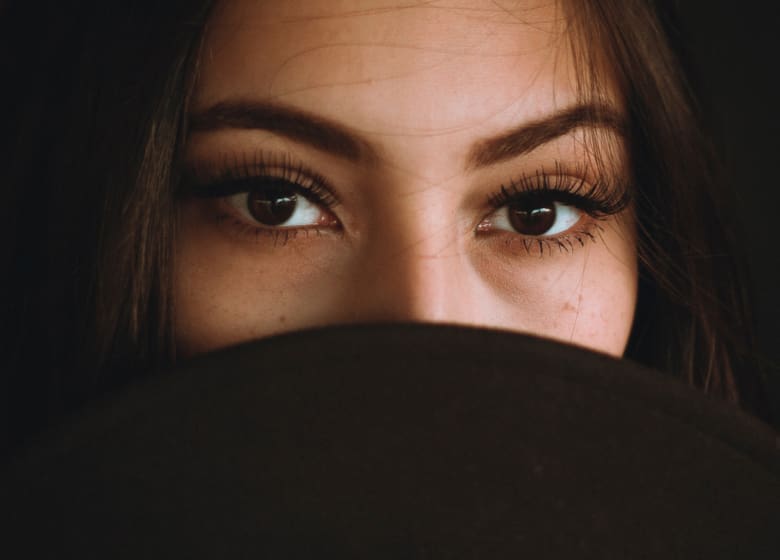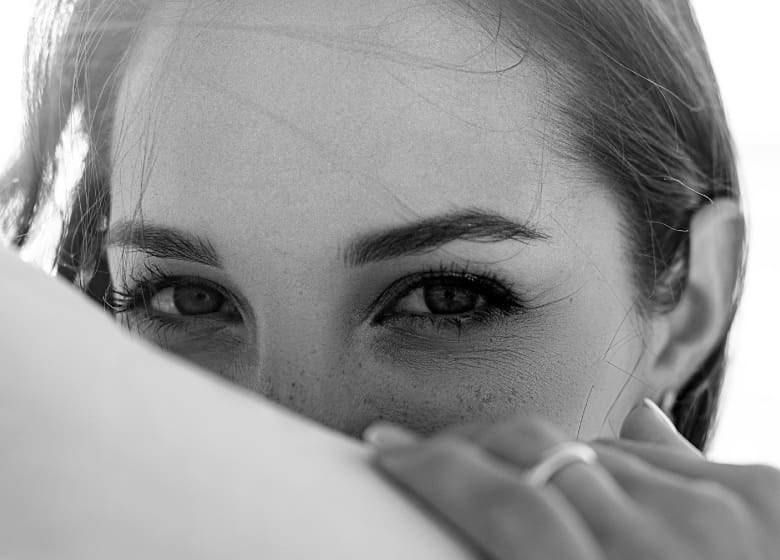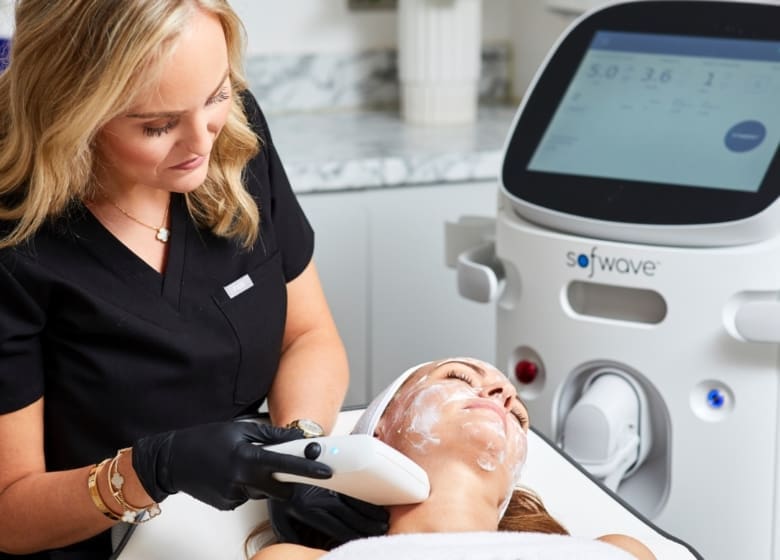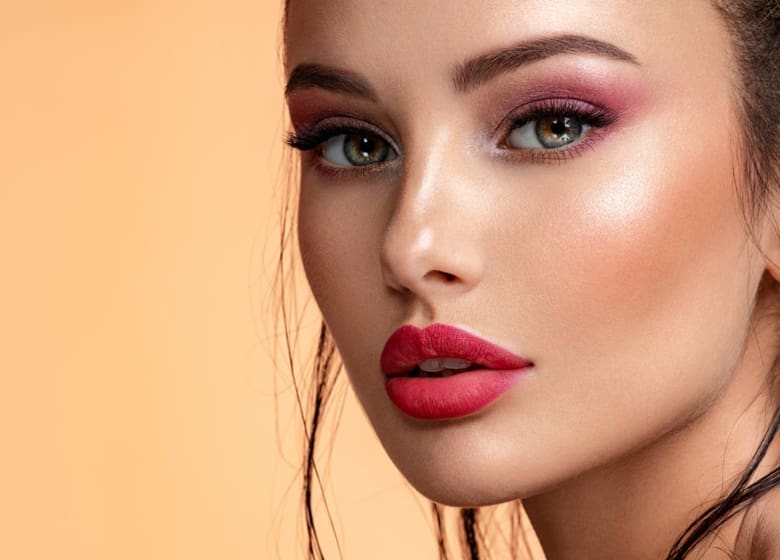It’s a fact that the production of collagen and elastin will slow down when we reach early adulthood (from the age of 20+). Until this time these naturally occurring proteins have been replaced as quickly as they have been produced due to the rapid regeneration process of healthy functioning, youthful skin. Collagen and elastin fibres will continue to break down, but as new cells are replenished at a slower rate, it’s inevitable that levels will start to decline as we age. The decrease of collagen and elastin usually happens at a steady rate of 1-1.5% each year, however, there are a number of factors that can cause it to occur more rapidly, including: smoking, alcohol consumption, poor diet, sun exposure and air pollution. Exposing the skin to UV rays can also contribute cellular damage which leads to pigmentation – another condition that’s often perceived as ageing related.
Whilst we cannot stop the ageing process altogether, there are a number of things we can do to prevent premature ageing. A healthy and active lifestyle is good for the health and condition of the entire body, skin included. We can limit our intake of alcohol, and choose not to smoke. Skincare can play an important part in maintaining the quality of the skin, inside and out, and SPF is imperative. Supporting these efforts and enhancing the results can be achieved with a suitable in-office treatment and professional skincare advice.

